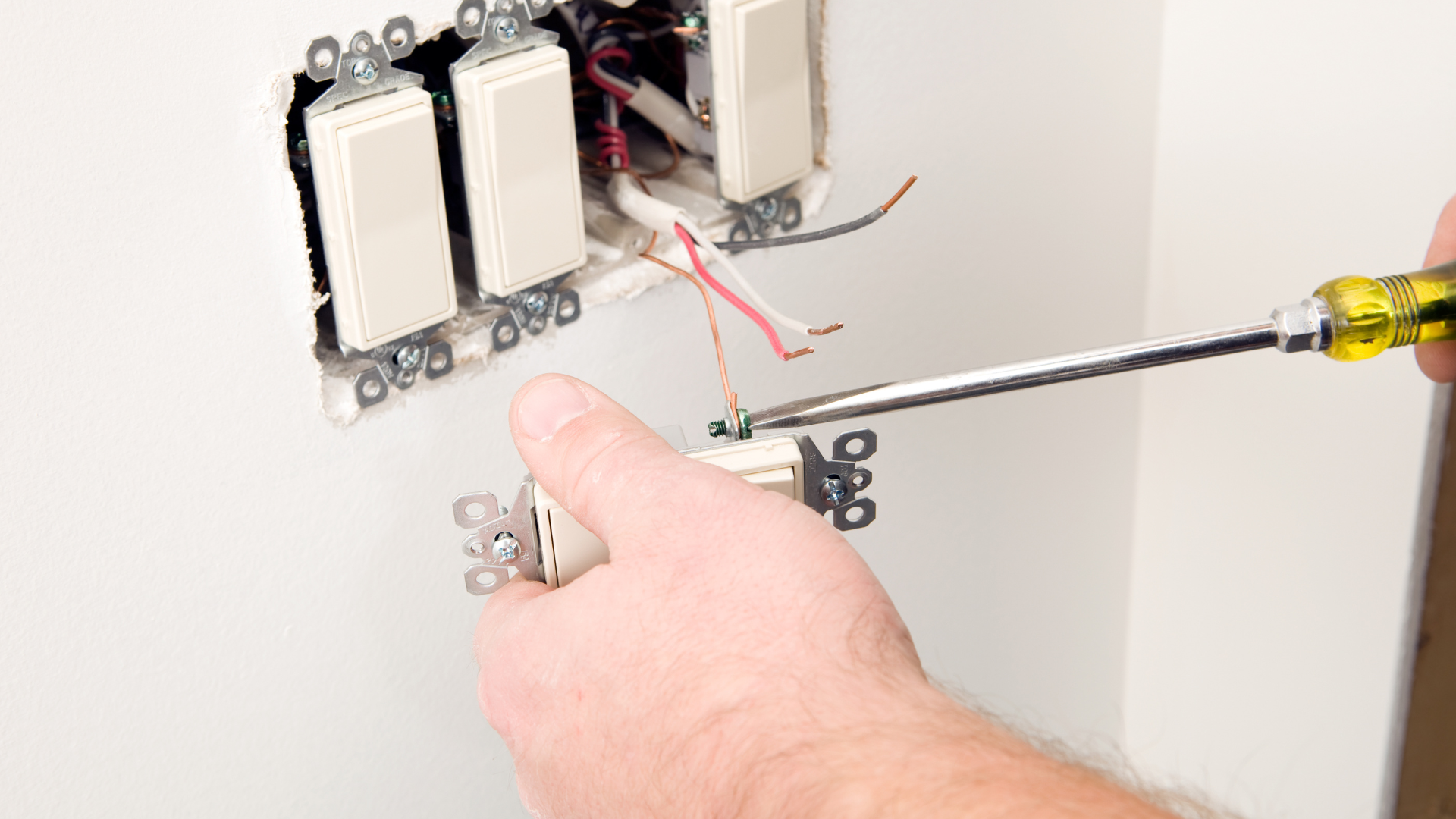Grounding helps protect sensitive electrical equipment from damage caused by lightning. It also prevents stray current from flowing from the electrical system into the ground. If the current flows into a building through a piece of equipment, it can cause severe damage.
Grounding an electrical wire connects it to the electrical supply. It prevents shocks and insulates it from electricity. When you ground an electrical wire, you connect it to the neutral wire. Grounding a wire is a safety precaution to minimize the risk of electric shock. This grounding tutorial will show you how to ground an electrical wire. However, if you have no prior experience in doing such projects or don’t have the necessary equipment and safety gear, you can look for electrical services in Fort Worth, TX (or elsewhere) to get expert assistance. Repairs like electric wire grounding could be better handled by a professional.
What are ground electrical wires?
Grounding electrical wires is another important safety measure you take when you install wiring in your home. Essentially, it tells your appliances that you are there and that it is safe for them to work. When you ground a wire, you are essentially connecting it to the grounded metal (the wire is connected to a metal rod, for example). This keeps the electricity from traveling along the wire to the metal rod. Grounding electrical wires also prevent electrical shock. If an electrician runs a cord into a wall or ceiling and subsequently touches that wire, they could get shocked.
Grounding electrical wires are important for your safety and the safety of your electrical system. They ensure a clear flow of electrical current. When grounded, electrical wires are protected from harmful electrical currents.
Electrical wires are ground for a variety of reasons. Using a grounded screw, for example, grounds the screw and wire. It also prevents electricity from going outside the circuit, thus eliminating any risk of shock. For example, when doing home maintenance, it is important to ground screws. A ground wire connects a circuit to a metal object, such as a screw or bolt.
Steps on how to ground electrical wires:
- Locate the electrical wires that supply power to electrical outlets and devices inside your home. Most wires have white or light-colored insulation, and some have bare copper.
- Cover the bare copper with insulating tape. If the bare copper is exposed, it may touch something metal and spark a fire.
If there is significant damage
While you are trying to ground your electrical wires, if you notice that there is significant damage to the wiring, or there some other electrical problem that you can notice, it is best not to go in and try to fix it yourself. In this case, call a professional service that does Electrical repair in Baton Rouge, LA or wherever it is you live, and let them take over. Faulty wiring can be dangerous and it can seriously injure someone if it is not taken care of soon.
What are the types of electrical ground wires?
Bare copper wire
Bare copper wire can be hazardous. (It’s OK to ignore unless specifically instructed otherwise unless you have a grounded outlet, such as those used for an electric stove or receptacle.) Melted wire or exposed electrical conduit and wire can lead to shock, fire, and electrocution. If you have any melted wires in your home, you might want to call on an electrical repair professional. They would need to be replaced before it leads to grievous injury. For this reason, it’s essential that you protect the bare copper wire. You can ground electrical wires with anything conductive, including copper wire. Copper wire is easy to find, and it is also safe. Bare copper wire is easy to work with and is very inexpensive. The only thing to watch out for is making sure your bare copper wire is dry. The wet wire is brittle and can break easily.
Gauged copper wire
The gauges of copper wires, also known as AWG or A, B, and C, are used to measure the diameter of the wire. Different wire gauges have different functions. The diameter and gauge of the wire determine how strong the wire is. It is measured in thousandths of an inch (1/1000). Wiring gauges also affect the electrical capacity of the wire. For example, 20-gauge wire has an ampere rating of 3.2.
Importance of grounding electrical wires at home
Grounding an electrical wire is the most basic home electrical safety technique. By grounding an electrical wire, you prevent electricity from flowing through it and overloading the circuit. It connects to a grounding point, usually a grounding rod buried in the ground. When an electrical wire is grounded, it’s effectively shorted out, and the current passes to the ground connection. In case, your house lacks electrical grounding, it should be in your best interest to dial in an Electrician Elwood professional (or one available in your vicinity) and get this job done.
Electrical wires are dangerous because they have the potential to start fires. Most building codes require that wiring systems be adequately grounded to prevent fires. When electricity travels down a wire, it creates a magnetic field—a magnetic field that pulls on nearby metal objects. The closer the metal object is to the wire, the stronger the field. If the wire is connected to a power outlet, and the metal object touches the wire, the magnetic field is strong enough to pull the metal object down toward the outlet, where it can come into contact with the live wire.

